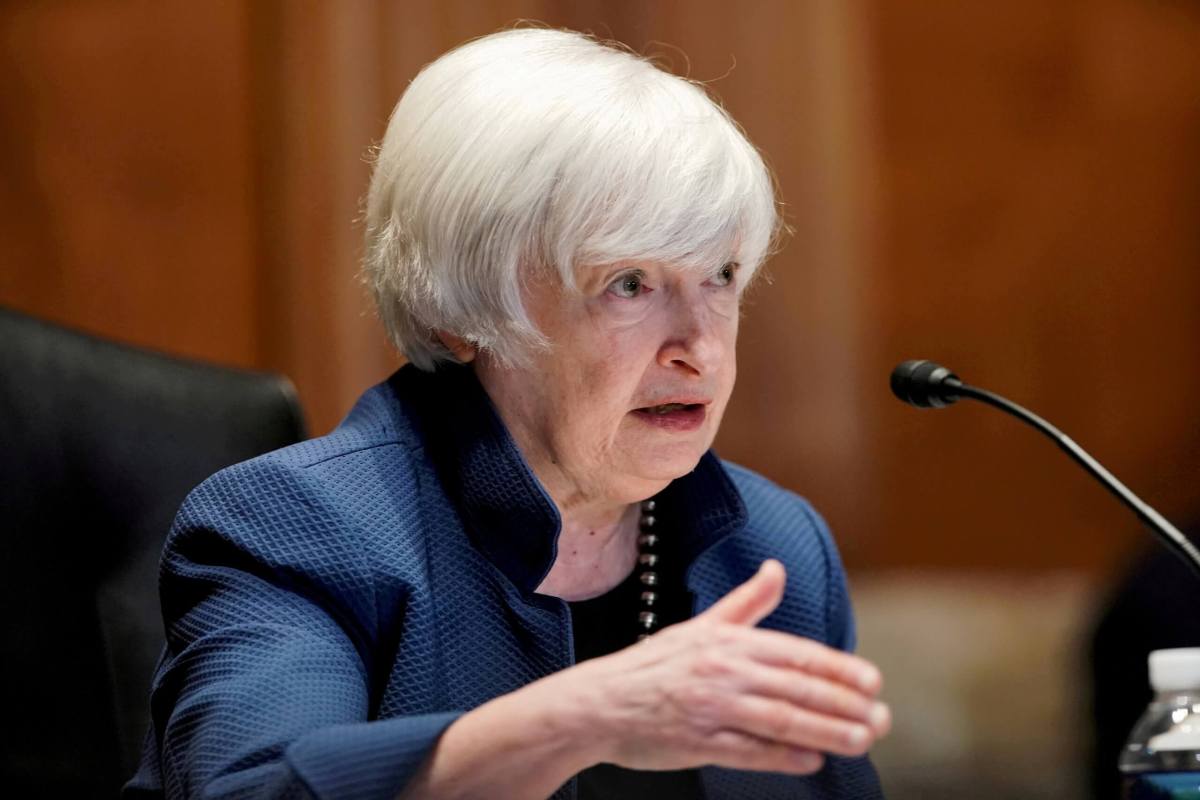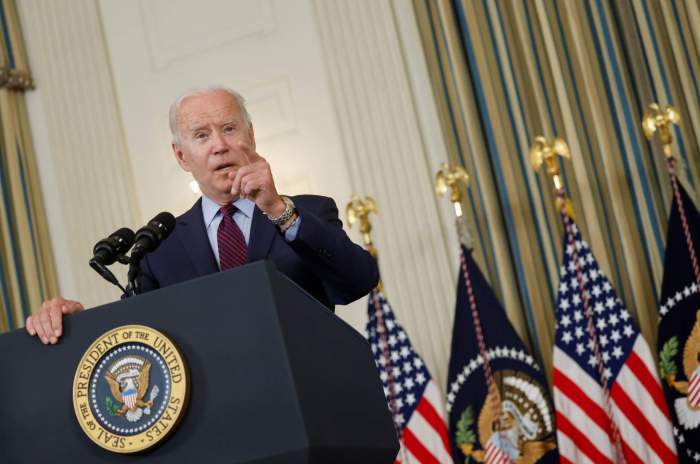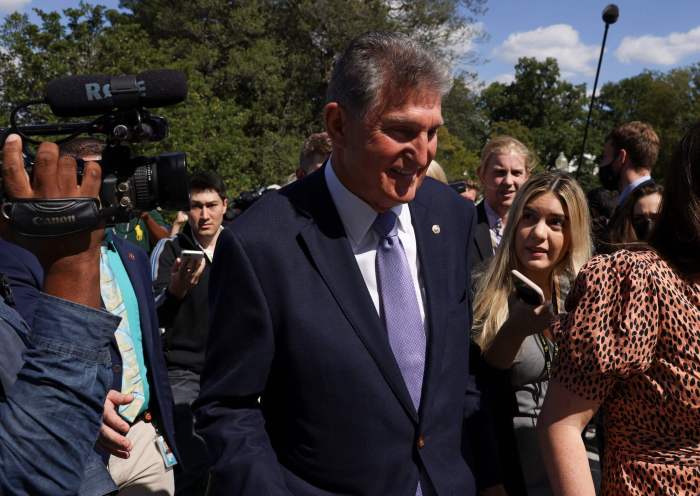U.S. Treasury Secretary Janet Yellen said that once Congress and the White House agree on spending plans, it will be lawmakers’ responsibility to raise the federal debt limit.
“Once Congress and the administration have decided on spending plans and tax plans, it’s simply their responsibility to pay the bills that result from that,” Yellen told ABC’s “This Week” program. “It’s a housekeeping chore. Because really, we should be debating the government’s fiscal policy.”
Yellen said on Sunday she was confident the U.S. Congress would approve legislation to implement the global corporate minimum tax agreed by 136 countries.
Asked whether she was confident the measure would get through, Yellen said: “Yes. I am confident that what we need to do to come into compliance with the minimum tax will be included in a reconciliation package. I hope that we, that it will be passed and we will be able to reassure the world that the United States will do its part.”
The parliamentary maneuver known as budget reconciliation would allow Democrats to act without Republican votes.
A group of 136 countries on Friday set a minimum global tax rate of 15% for big companies and sought to make it harder for them to avoid taxation in a landmark deal that Biden said leveled the playing field.
Yellen did not address how to implement another part of the deal that aims to revamp taxation for large technology companies and other highly profitable multinational firms.
The so-called “Pillar 1” part of the tax deal would reallocate taxing rights on companies with more than $20 billion in annual revenue to countries where their products and services are sold for 25% of the profit above a 10% margin.
U.S. Senate Republicans have argued that this would require a new international tax treaty that would require ratification with a two-thirds Senate majority.
Republican senators told Yellen in a letter they were concerned the Biden administration was considering circumventing the need to obtain the Senate’s authority to implement treaties.
Under the U.S. Constitution, the Senate must ratify any treaty with a two-thirds majority, or 67 votes. Biden’s fellow Democrats control only 50 seats in the 100-member chamber. Republicans in recent years have been overwhelmingly hostile to treaties and have backed cuts in corporate taxes.
Yellen told a Senate Banking Committee hearing in late September that the administration was instead considering alternative means to modify existing bilateral tax treaties that would avoid a two-thirds majority vote.
Yellen has said she believes that taxing rights reallocation for big multinationals would hold some bipartisan appeal because the deal would replace digital services taxes that have been imposed by some countries on companies including Facebook, Google, Amazon and Apple.
She has said that U.S. implementation for that part of the deal may not come until 2022.
































